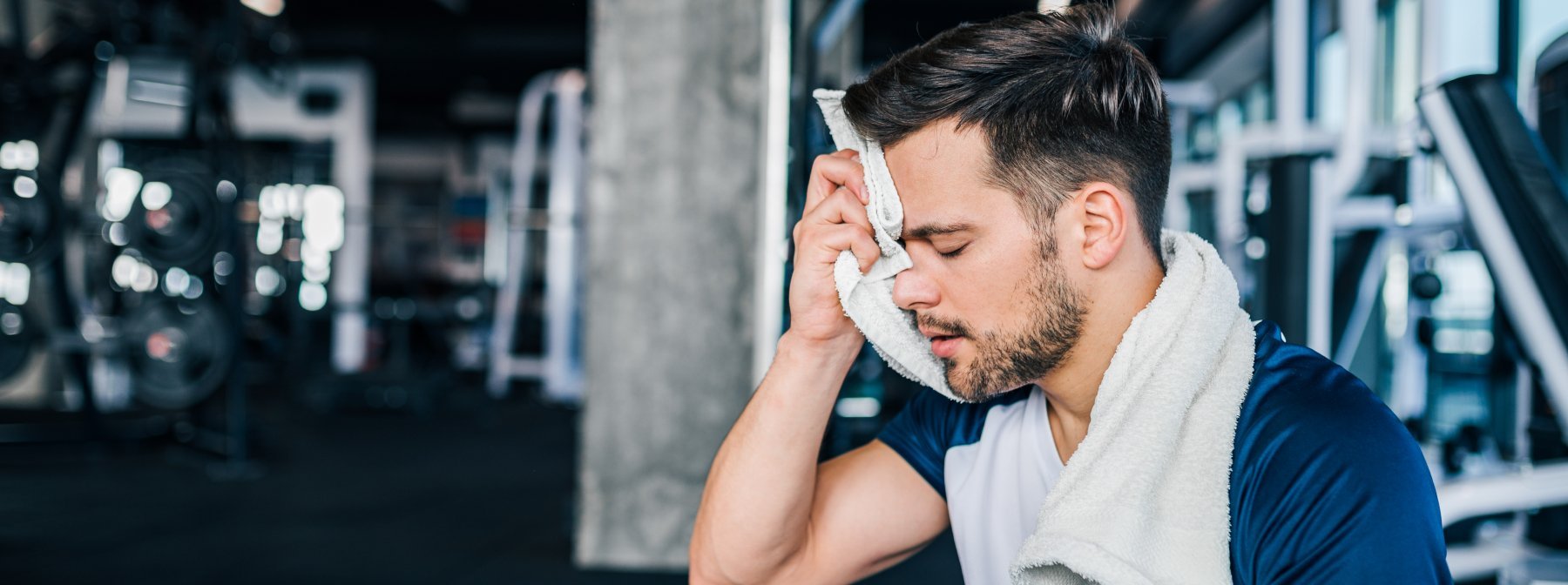Looking for inspiration to improve nutrition and training? There is no better place to look than the latest scientific research. If we want to reach a little heavier weight, or run a little faster, seeing what other people have experienced is a good way to not repeat their mistakes.
This week, we will investigate the importance of social ties in maintaining a fitness routine and the impact of distractions on our diet.
Let’s go to the details…
Looking for a little extra motivation for training?
Sometimes it is very painful to crawl from the couch to training. The main thing that makes it easier? To know that we will meet friends there. During confinement, this has obviously become more difficult, and therefore it is not surprising if many people neglected training.
So, what’s the answer? According to a recent study, fitness apps with a social component can be an excellent motivating factor.

This study looked at 1 300 adults, using about half of them a fitness app , and found that participants involved in a social strand where other people provided encouragement were more likely to stay motivated and keep exercising.
It was also found that the more competitive a person is, the more motivation he obtains by this means. This is thought to be because apps use incentives and rewards similar to those in a game, which foster a positive response.
Researchers note, however, that these apps can have a negative impact, as they allow users to make direct comparisons between themselves and others: it was observed that participants who made more comparisons between themselves and others were the ones who tended to lose motivation and stop exercising.
Do you love sharing your progress on social media or apps ? Remember that our personality type plays a central role in determining what motivates us to train.
Should we eat while watching TV?
It has all happened to us: to sit on the couch and watch our favorite series, with your hand stuck in a packet of potatoes … and before we know it, the packet is empty. This type of distraction while eating was the subject of investigation – with interesting results. 2
120 participants were tested, being distributed by the same drinks with a variable number of calories while fulfilling tasks that also required a variable level of attention. They were then offered a small snack of chips, to see if the amount they ate differed due to having consumed a more or less caloric drink previously.
Participants found to have performed the tasks that required the most attention ate the same amount of potatoes, regardless of the drink they had consumed before. However, participants who performed tasks that did not require as much attention ate 45% less potatoes after the high-calorie drink, compared to the less caloric drink.
The researchers believe that this suggests that if we are involved in a very absorbing task (like watching TV or playing video games) there is a lesser chance of realizing that we are full – and therefore a greater likelihood of overeating.
Final Message
From motivation to training to distractions over lunch, there’s a lot to learn about our behavior in this week’s studies.
If you’re looking for a little extra motivation, a fitness app can have excellent results. And if you’re still not quite sure where all those potatoes ended up, it might be time to start paying more attention while you eat.

